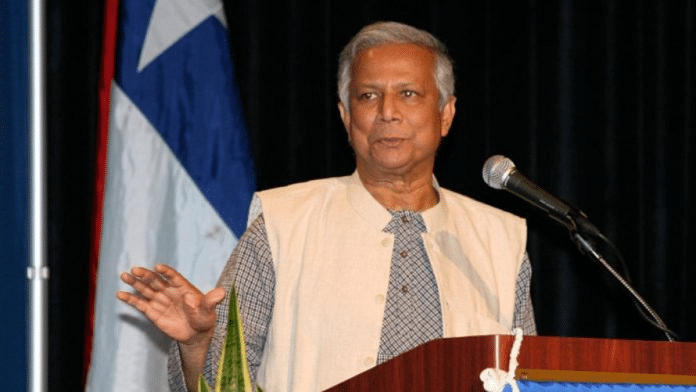W hen the uprising in Bangladesh replaced Sheikh Hasina’s rule with t he Muhammad Yunus-led interim government , it envisioned an end to inequality, injustice, division, insecurity, and corruption . How far have these expectations been fulfilled? It is quite understandable that such outcomes should not be expected in just two months. But c an the government be trusted in its strength to build an inclusive Bangladesh? The interim government doesn’t have the luxury of failing as it bring s about political and institutional reforms to get the country back into democratic transition.
It must do justice to the 1,581 martyrs and over 19 ,000 injured in the struggle for a free and just society. So, h ow are things? First , the interim government has largely failed to control social unrest, leading to widespread discontent. In the post-uprising period, Bangladesh experienc ed a series of mob lynchings , attacks on shrines , torching and looting of industrial hubs , and violent clashes in the Chittagong Hill Tracts.
The labour unrest in the country’s readymade garment factories prompted global apparel brands to shift work orders to India. The government was found to be active in a few incidents due to huge social media outcry , but in general, its voice was missing pathetically. Instead of taking strong initiatives to solve the se problems, Yunus chose to bury his head in the sand .
“This is 15 years of your grievances. We cannot solve it in 15 days,” he said in an interview.


















